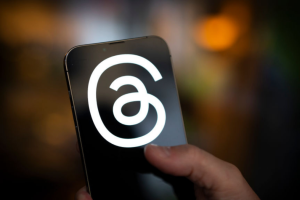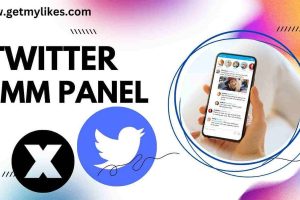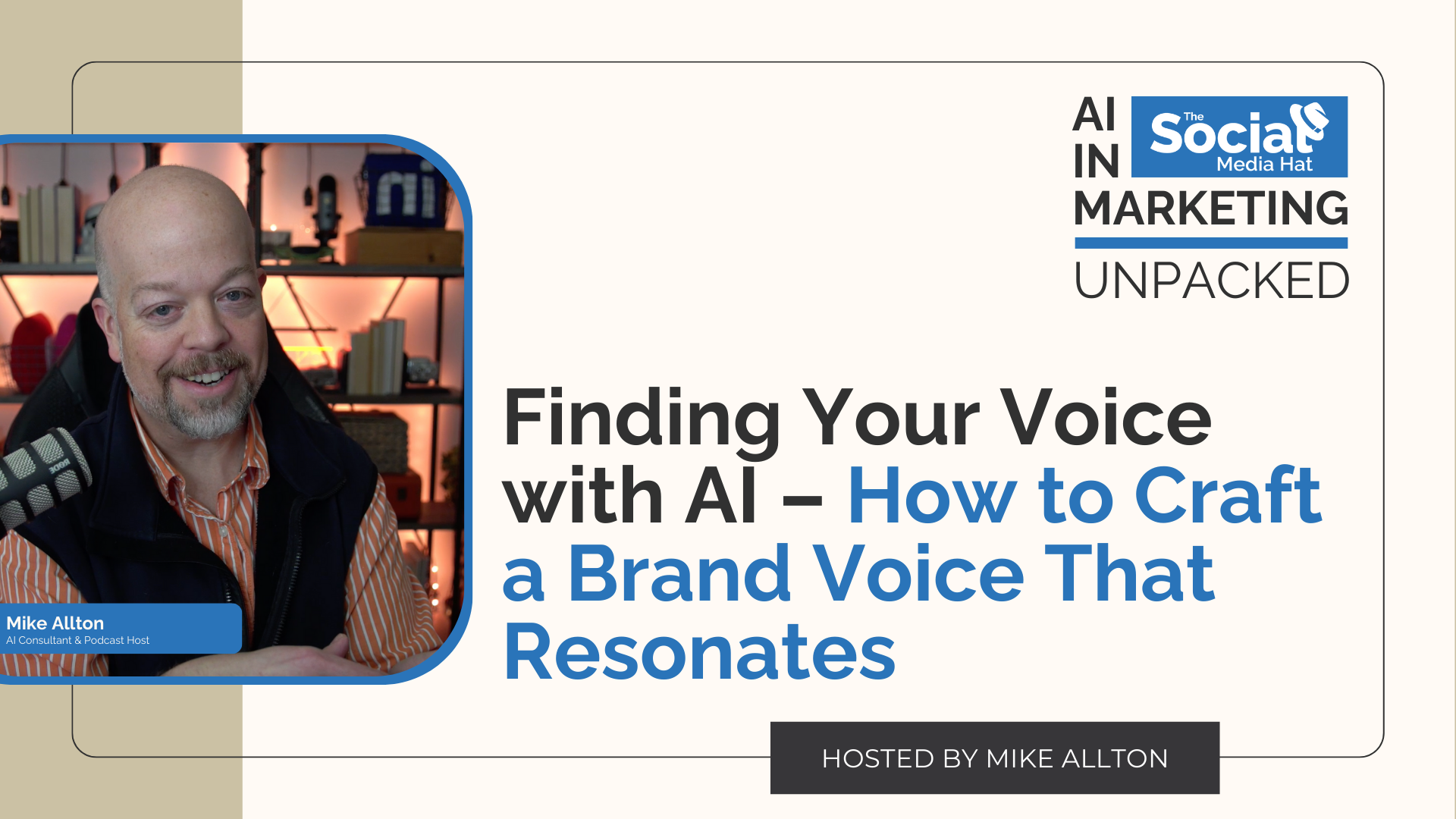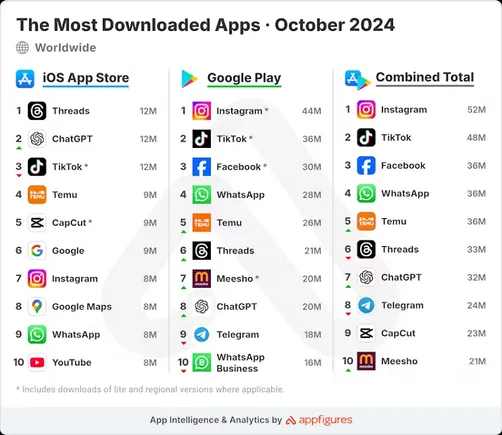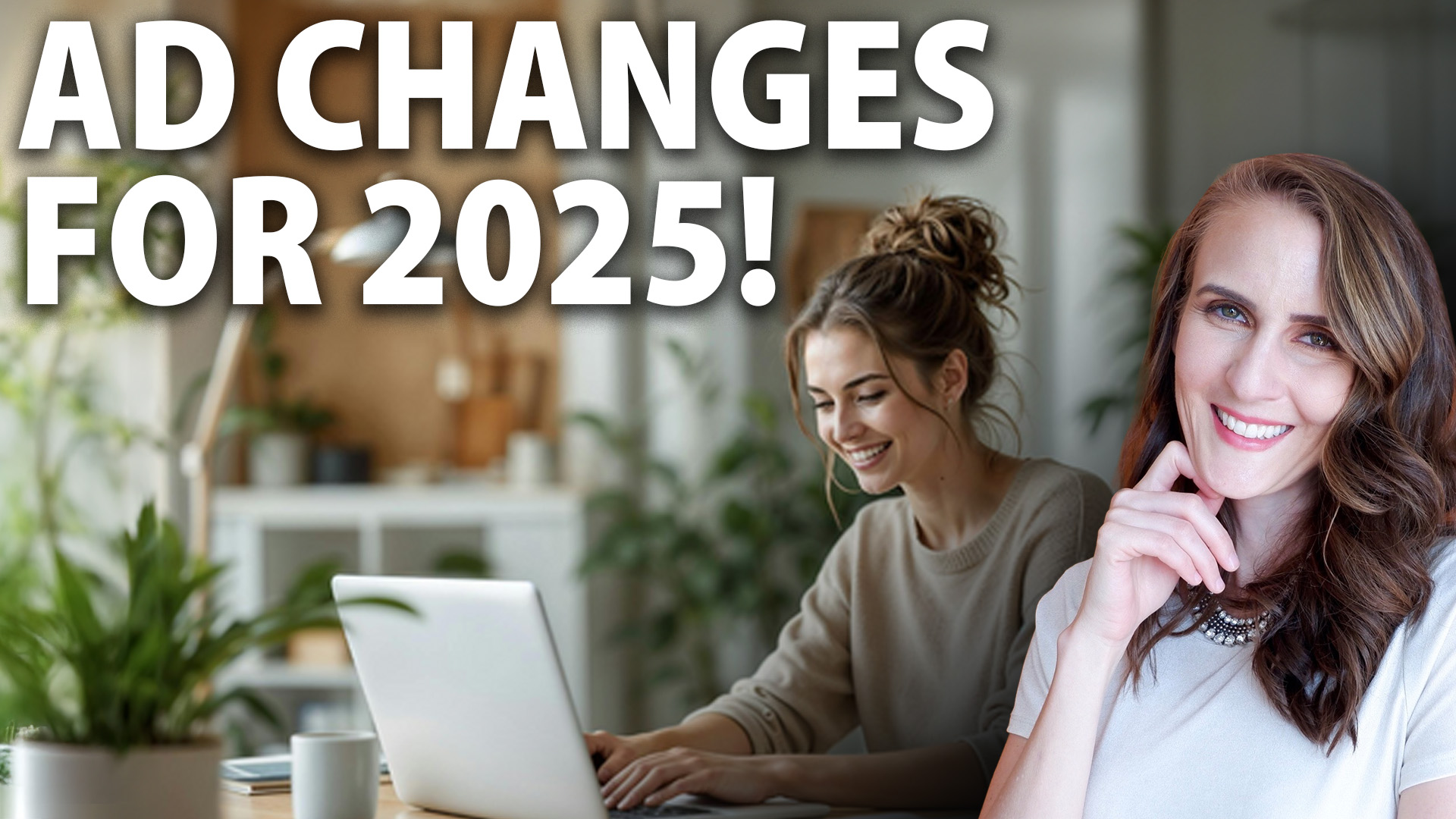Picture this: you spend hours working on a piece of content only to direct your sizeable social media audience to it and get a fraction of your typical engagement.
That’s not an unusual challenge, especially as platforms focus on keeping you engaged within the container of whatever app you’re on. It’s why every social media app has text, photo, and video formats with varying levels of focus.
So what do you do with your efforts? Do you only publish on social media without having your own platform for people to visit? Or do you look for your audience elsewhere? Neither option is very appealing – you can’t just ignore social media, and other discoverability methods are few and far between.
This is the gap that zero-click content fills.
What is zero-click content?
Think of it this way: that piece of great, long-form content you worked on needs to be seen. Your audience will benefit from it – it could be a great launchpad for your business or creative efforts. But the algorithm is deprioritising it because it’s shared through a link – what to do?
Zero-click content, a term coined by Amanda Natividad, VP of Marketing at SparkToro, refers to content that provides valuable information to users without requiring them to leave the platform they’re on. It’s taking what you’ve already made and repurposing it for another channel.
It’s a tough world out there for creators…
Over half of Google searches end without a click.
And social media platforms ding you for linking out.
What to do?
Beat the platforms at their own game.
Make Zero-Click Content.
Here’s how:
— Amanda Natividad (@amandanat) July 26, 2022
Why create zero-click content
We’ve already hinted at why zero-click content is a valuable strategy for your social media, but you might think, “It seems unwise to give away all that value.” We’re here to tell you that it’s not – here’s why.
- Play nice with social media algorithms: Platforms prioritize keeping users engaged within their platform. Algorithms tend to favor posts without external links, as evidenced by experiments showing better performance for linkless posts on platforms like Instagram, TikTok, Snapchat, and LinkedIn. Instead of fighting against the current, create content that doesn’t require users to leave the platform. This approach, known as zero-click content, tends to perform better and is often rewarded by the algorithm.
- It’s considerate of the experience of your audience: Social media users generally prefer not to switch between platforms. Clicking on links interrupts their scrolling and requires effort. Therefore, content and calls-to-action (CTAs) should be compelling enough to motivate users to click. By creating content that can be fully consumed within the platform, you’re catering to your audience’s preferences and reducing their effort. This approach not only benefits your current post’s performance but improves the likelihood of your future posts being favored by the algorithms.
- It can help you build your business and personal brand: Posting content that resonates and provides value can enhance your brand’s sentiment and reputation. Your social community will expand as more users engage with and share your posts. This strategy fosters engagement, which can increase reach, brand awareness, and audience growth, potentially leading to monetization.
- It plays on the growing shift to dark social: Dark social refers to the sharing of content through private channels like messaging apps, emails, and direct copying, which are difficult to track and measure. Zero-click content, which provides immediate value without requiring users to leave the platform, is particularly effective in dark social. It can be easily shared and consumed within these private channels, enhancing overall marketing effectiveness and building stronger relationships with your audience. Furthermore, the more your zero-click content appears in the dark social world, the better your chances of staying top-of-mind for your ideal audience.
While zero-click content is beneficial, it doesn’t have to be the only type of content you publish, but part of your content themes. A balanced strategy that includes zero-click and promotional content with external links can be effective.
4 elements of engaging zero-click content
Amanda gave a name to an existing concept – creating valuable content. Hence, it’s possible to show all your cards but still fail to get engagement.
Successful zero-click content hinges on its ability to captivate and communicate instantly – if your content doesn’t do that, it won’t succeed, no matter how valuable. Here are our top tips for creating engaging zero-click content to avoid that.
- Prioritize clarity and conciseness: The essence of zero-click content is conveying your message succinctly. Every word must be purposeful, adding value to the message you’re trying to communicate. Your content should also be straightforward to digest. Avoid jargon or complex terms that might confuse your audience. Also, avoid sharing too many ideas at once. Give one complete, compelling idea in 200 words, 2 minutes, or less.
- Enhance the visual appeal: An eye-catching image or graphic can make your content stand out in a crowded feed. Choose visuals that complement and enhance your message.
- Create an emotional connection: Tap into emotion and lead with the rant that sparked your bigger idea – then send your audience to your in-depth content and research. Whether it’s humor, inspiration, or curiosity, tapping into emotions can significantly increase engagement.
- Add a call-to-action (CTA): A subtle CTA can be powerful and vital even in zero-click content. It could be as simple as a thought-provoking question or a prompt for a reaction.
5 tips for creating engaging zero-click content
Crafting zero-click content that captures and holds attention is both an art and a science. Here are some strategies to refine and elevate your content.
- Start with a magnetic hook: Your opening should be a magnet for attention. Use a startling fact, pose a compelling question, or make a bold, unexpected statement. This hook is the gateway to your message, designed to stop scrollers in their tracks.
@inspiredmediaco if you don’t have a hyper-analyzer shopper💸 in your life, let me influence you🤝👯♀️, and if you are super picky as well pls drop your best purchases on 2023✨ #contentcreatortools #contentcreationtools #contentcreationtips #bestpurchases2023 #contentcreatoradvice #buildyourbrandonline
- Embrace active voice: Active voice is a game-changer in zero-click content. It brings clarity, energy, and directness to your message. Active voice ensures your message is immediately communicated and understood.
- Hone in on a singular, powerful message: The effectiveness of zero-click content often lies in its focus on key ideas. Avoid overwhelming your audience with multiple messages. Choose one key idea or insight and convey it powerfully. This clarity of purpose resonates more deeply with your audience.
- Weave in storytelling elements: Infuse your content with mini-narratives, relatable experiences, or evocative scenarios. This approach can transform even the briefest content into something memorable and engaging.
- Master the art of iteration and precise editing: Zero-click content thrives on brevity and precision. Draft your content, then revisit it with a critical eye. Remove redundancies, tighten your language, and polish each word. This iterative process is crucial for crafting a message that is both concise and compelling.
The best part about creating zero-click content is its repurposing potential – you don’t have to do too much work to create different value-filled versions of existing content.
Examples of great zero-click content
In an expansion on her initial idea, Amanda wrote an article on the topic and shared which platforms benefit most from zero-click content.
The chart is super helpful for getting an overview of which platforms benefit from zero-click content, and you can see that creators can benefit from a zero-click content approach on almost every major social network. To expand on that, here are some ideas for zero-click content on different platforms.
X threads with lists, stories, case studies, or step-by-step instructions
Creator Dickie Bush developed a list of questions to conduct a personal yearly review and put them into two resources – a Notion page and an infographic. Instead of just sending people to the link or just sharing the image (which a good portion of his 375,000 followers might have clicked on), he took a different approach. He drafted a thread listing every single question as well as advice for drafting your answers.
In a different approach that still resonated with her audience, Katelyn Bourgoin shared a look into the thought and collaborative processes behind her campaign. Sharing this instead of just saying, “Hey, I have a new project – check it out,” resonated deeply with her audience.
I just sent an email to my 62,457 newsletter subscribers with this subject line…
If you combine all the words used in both bits, it adds up to 12 words in total.
Go ahead and count ‘em.
In just 12 short words, I used 7 science-backed copywriting techniques to urge readers to… pic.twitter.com/8xKfw3nJjI
— Katelyn Bourgoin 🧠 (@KateBour) January 1, 2024
Instagram and LinkedIn carousels with slides that explain a concept
Every other post on Jay Clouse’s LinkedIn is a carousel or video explaining a concept or breaking down the steps to take to reach a goal. This content format usually has a podcast episode, YouTube video, or blog post that his audience can follow up with to get more details.
Short-form videos that teach recipes, how-to guides, tutorials, etc.
Video is perhaps the original zero-click content. You rarely watch videos that are solely to get you to click on a link and visit a website. Most video creators tend to focus on telling you at least the summary of what is going on in an image, piece of text, or another video.
Michele Allocca, better known as BreakYourBudget on Instagram, is great at breaking down specific personal finance concepts into bite-sized videos.
Strike a balance between external links and linkless content
The real power of zero-click content lies in its ability to deliver value instantly, respecting the user’s time and experience on the platform.
Remember, the goal isn’t to abandon long-form content or external links altogether. Instead, it’s about striking a balance. Zero-click content can serve as a gateway, introducing your audience to your ideas and ethos in a snapshot. It’s a tool in your arsenal to build rapport, trust, and interest, leading your audience to seek more in-depth material on their terms.

